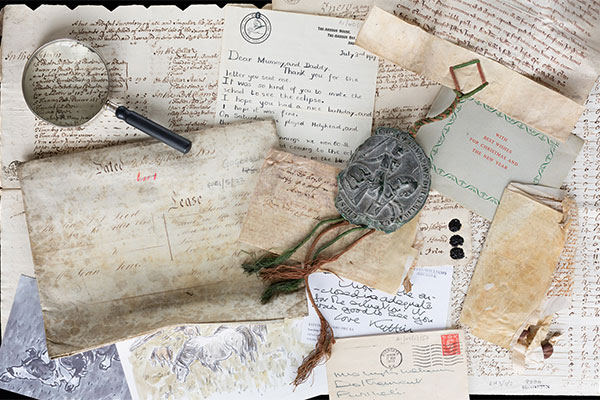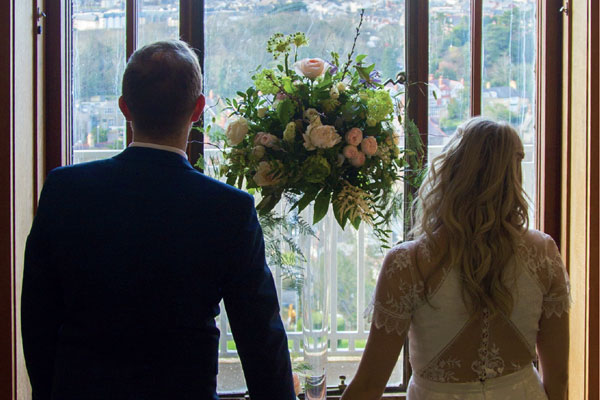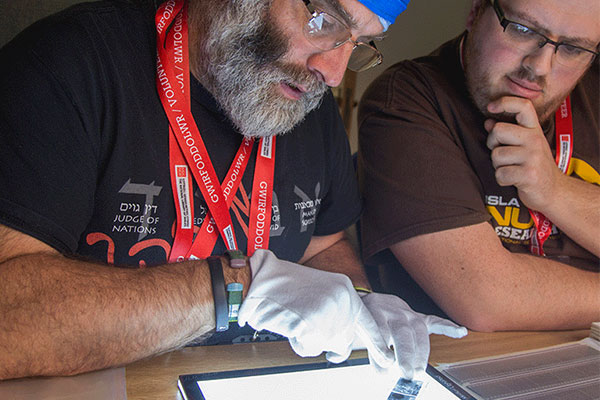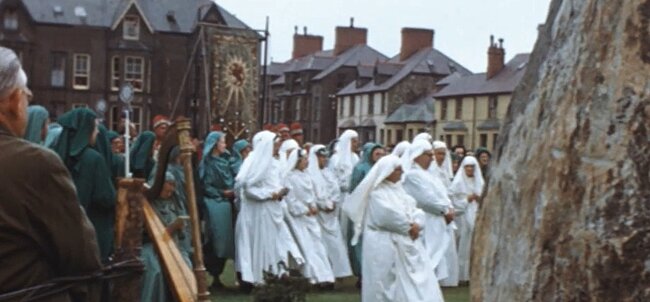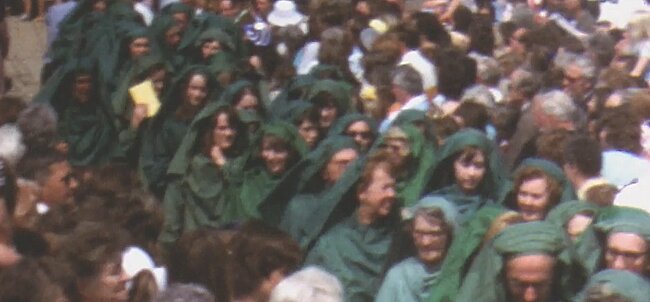Teacher toolkit
Background
The Gorsedd of the Bards includes poets, writers, musicians, artists and individuals who have made a contribution to Wales, the language, or its culture.
The Gorsedd, established in 1792 by Iolo Morgannwg, is an integral part of the Eisteddfod Festival. Iolo Morgannwg devised the Gorsedd’s rituals based on the Druids, but with a strong Christian influence, to emphasise the fact that the culture and heritage of the Celts belongs to the Welsh. The first Gorsedd was held at Primrose Hill in London during the Summer Solstice of 1792, and the first connection between the Eisteddfod and the Gorsedd took place at the 1819 Carmarthen Eisteddfod,
During the 1930s the Gorsedd’s ceremonies and rituals were adapted to make them more relevant and attractive to a modern audience. In 2019, it was announced that the Gorsedd of the Bards of the Island of Britain would change its name to Gorsedd Cymru, and by today the Gorsedd exists as a league of bards, authors, musicians, artists and individuals who have made a significant contribution to the language, literature and culture of Wales.
Who's who in the Gorsedd?
The Archdruid: The head of the Gorsedd and responsible for conducting the Gorsedd ceremonies during the week.
White Robes: Winners of the National Eisteddfod’s main competitions.
Blue Robes: Individuals who have made a contribution to their community or nation.
Green Robes: Arts Graduates or have passed 2 Gorsedd exams.
Possible questions to discuss
- Who was Iolo Morganwg?
- How did the Gorsedd tradition begin?
- Is it important to keep traditions in the Gorsedd ceremony?
- In your opinion what successes should be celebrated in the Gorsedd?
Activities and experiences
- Play a game of bingo whilst watching the video to become familiar with the main traditions of the Gorsedd ceremony.
- Research the history and customs of the Gorsedd ceremony at the National Eisteddfod.
- Devise a new robe for the Gorsedd.
Key concepts
(derived from the statements of what matters)
Humanities
- Understanding the past
- Interpret sources and information
- Social and cultural importance
- Identity
- Similarity and social differentiation
- Changes over time
Languages, Literacy and Communication
- Language and belonging
- Listen and understand
- Read words and text
- Using imagination
